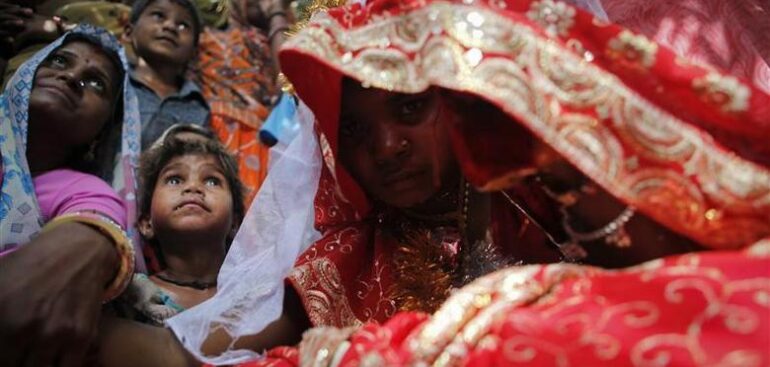In a country where the innocence of childhood has too often been buried under the weight of tradition, coercion, and silence, a rare moment of moral clarity emerged on May 16. Pakistan’s National Assembly unanimously passed a bill banning child marriages—a decision that should have been made decades ago, but was shamefully delayed in a nation that has consistently turned its back on its most vulnerable: its girls.
This law—championed by PPP’s Sharmila Faruqi—is a step toward redemption, but it is also a painful reminder of how many lives have already been shattered. For generations, little girls across Pakistan have been robbed of their childhoods, trafficked under the guise of “marriage,” and discarded by a state that watched in silence. The very fabric of this injustice has been woven by a system that failed to act, failed to punish, and worst of all—often failed to care.
Under this new legislation, marrying anyone under 18 is a crime. Nikah registrars must now verify CNICs. Clerics, parents, and anyone abetting the crime of child marriage can now be punished with imprisonment, fines, or both. And yet, the most haunting part is that it took until 2025 for Pakistan’s lawmakers to put this on paper—after decades of destroyed futures and stolen dreams.
This isn’t just about lawmaking. It’s about accountability for a country where thousands of girls, especially from minority communities, have been abducted, forcibly converted, and married off—while the state looked the other way. This new law brands these acts for what they truly are: abuse, trafficking, and exploitation. But can the same Pakistan that enabled such horrors be trusted to undo them?
Activists like Farzana Bari and Safdar Chaudhry have rightly celebrated the bill as a “landmark.” But even they know the bitter truth: Pakistan has never had a shortage of laws—it has had a shortage of will. Enforcement has always been the Achilles’ heel. What good is legislation if the police won’t act, the courts won’t convict, and communities keep silent?
Take a long, hard look at rural Sindh, parts of South Punjab, and interior Balochistan—where underage girls are still married off in tribal jirgas or sold in the name of dowry. Where was the state then? Where were the lawmakers, the clerics, and the enforcers?
For six long years, Punjab Assembly member Uzma Kardar pushed for similar laws, only to be silenced by the same patriarchal resistance that cloaks itself in tradition and misuses religion to justify barbarity. And yet, we expect this law to be honored? We must demand it.
Let’s not pretend this is a victory lap. It is not. It’s damage control for decades of moral negligence.
If Pakistan is to truly honor the intent of this bill, it must do more than legislate. It must police its villages, monitor its clerics, protect its minorities, and—above all—treat every girl not as a burden to be married off, but as a citizen to be educated, empowered, and defended.
Because every day that a law goes unenforced, another child is condemned. And Pakistan can no longer afford to carry the weight of its broken daughters.
